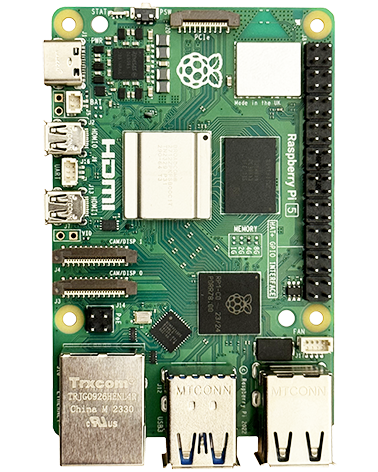stringstream is a handy class that operates on strings. You can think it a file loaded into something resembling a string, or alternatively as a sort of string that you can write to and read from like a file. It’s not exactly either of those things, but its a simplified explanation.
An example of a stringstream
#include <sstream>
stringstream ss1;
ss1 << "Hello, value is " << myInt;
ss1 << " total";
//To pass the stringstream to a string:
string s1 = ss1.str();
//To pass the stringstream to a char*:
string s1 = ss1.str().c_str();Using variables is a stringstream
#include <sstream>
stringstream ss1;
int myInt = 54;
double myDouble = 1.234;
ss1 << "The int is " << myInt;
ss1 << ", and the double is " << myDouble; //You can add to a stringstream like thisBYTE – note you need to use (int) in front of BYTE values, they are not handled correctly without it!
Converting a stringstream into a value
#include <sstream>
stringstream ss1;
int my_value;
//float my_value;
//double my_value;
ss1 << "1.234";
ss1 >> my_value; //Will convert to int, float, doubleClear stringstream
You need to use both of these (or just create a new stringstream of course):
ss1.clear();
ss1.str(std::string());
ss1.clear(); //Resets the internal error flags (if not called the stringstream object may think it's in an error state (such as EOF), even if the underlying string has been changed).
ss1.str(std::string()); //Clear out the old string. A bit faster than using: ss1.str("")Byte uint8_t values
You need to add (int) in front of byte or char values to get them to convert otherwise they will be dealt with as a character (char)
ss1 << (int)my_byte_value;Length
ss1.str().length
USEFUL?
We benefit hugely from resources on the web so we decided we should try and give back some of our knowledge and resources to the community by opening up many of our company’s internal notes and libraries through resources like this. We hope you find it helpful.
Please feel free to comment if you can add help to this page or point out issues and solutions you have found, but please note that we do not provide support here. If you need help with a problem please use one of the many online forums.

